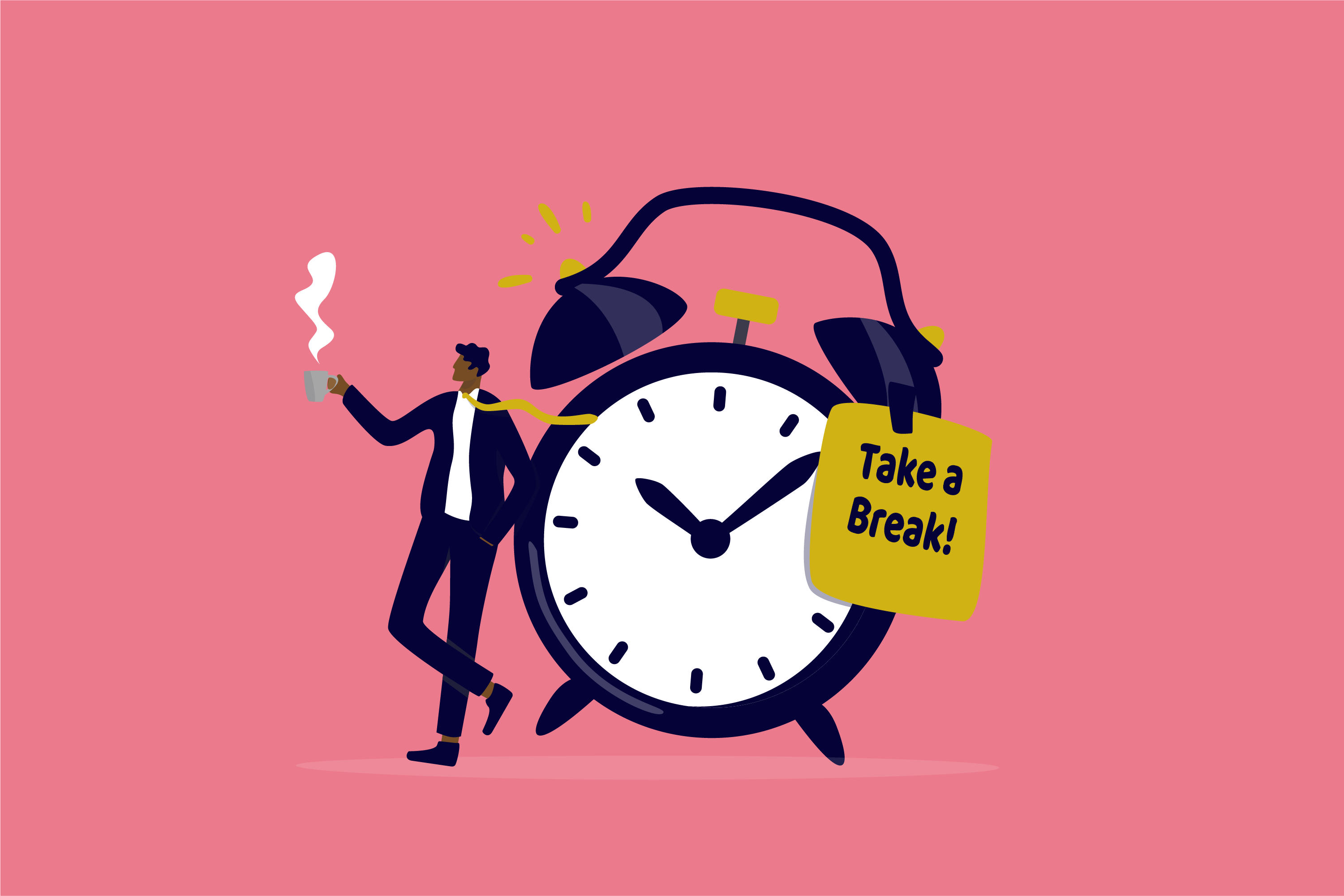
While working in the Netherlands, you may encounter three different types of leave: statutory leave, special leave, and unpaid leave. Whether you’re an employer or an employee, it’s important to understand the type of leave you’re dealing with and the rules and considerations that come with it. We’d like to take the opportunity to educate and inspire on the best practices for applying the various options available.
1. Statutory Leave
According to Dutch law, several types of leave are standard and regulated for everyone. These include:
- Maternity and childbirth leave
- Paternity leave
- Parental leave
- Adoption or foster care leave
- Care leave
- Emergency leave and short-term absence
Additionally, statutory leave encompasses:
- Vacation days: legally, 20 vacation days (based upon full-time hours, depending on your collective labor agreement or CAO). Any extra hours you receive are considered extra statutory vacation days and are provided by your employer. These all fall under statutory leave.
Each type of statutory leave has its own duration, payment terms, and guidelines for when you can take the leave. You can find a complete overview for each type of statutory leave on the website of the Dutch government.
The regulations that cover the usage of these types of leaves are complex. That is why there are so many misconceptions about them. Covering all of them in this blog post would be too extensive. In this post, we will initially delve into the vacation days associated with statutory leave. We will explore the other types of leave in an extended blogpost on our website.
In our experience, we often observe a common occurrence where vacation days remain unused at the end of the year. This situation often leads to discussions regarding the legal provisions concerning the carryover of both statutory and non-statutory leaves.
At Octagon Professionals, we prioritize work-life balance for our employees and we recommend this policy to our clients. Taking short breaks not only helps reduce stress levels but also allows for genuine time off. When we step away from our daily responsibilities, it often means a shift from our usual routine. This break from autopilot mode encourages us to be fully engaged and truly present. An interesting study from The Journal of Positive Psychology discovered a strong connection between vacations and mindfulness, with both contributing to increased well-being.
Our advice, steer clear on the discussion of rollover and make sure you take and spend the holidays you are entitled to. It will make you more productive, more balanced and more happy to boot.
2. Special Leave
Special leave depends on your collective labor agreement (CAO) and employment contract. Both documents outline what applies to you, how to take special leave, and the payment rules associated with your specific special leave. Examples of special leave include:
- Medical appointments
- Funerals
- Weddings
- Relocations
- Examinations
- Work anniversaries
Always refer to your employment contract and (if applicable) collective labor agreement tailored to your work situation for the most up-to-date information on special leave. You may also find a clarification on these types of leave in your employee handbook.
3. Unpaid Leave
During unpaid leave, Dutch law generally does not require your salary to be paid unless stated otherwise in your employment contract (and any applicable CAO). Such agreements might include provisions for partial payment during an extended trip or study period.
Please note: Taking unpaid leave could impact factors such as allowances, pensions, and (extra statutory) vacation days. It may also cause you to lose (temporary) access to other benefits like a company car, phone or laptop. This isn’t because your employer wants to “punish” you, but to ensure a continuation of service by the person who will temporarily replace you.
Do you get questions about (statutory) leave in the Netherlands? Our HR-Consultants are ready to assist you! Our HR audit may be of particular interest to you. During the audit we check your contract, handbook and relevant CAO passages to make sure you are compliant and taking the necessary care for your employees. This investment will pay for itself in spades as your employees are your most precious resource.
Interested in working at Octagon Professionals or in having us as your HR Partner in the Netherlands? Leave us a message via the contact page, and we’ll get in touch with you as soon as possible!
more news

The role of HR in supporting neurodiversity in the workplace
16-04-25
In the spirit of Autism awareness month, it is important to bring awareness to the neurodiverse person in the workplace. After all, the workplace as it is today was built for the neurotypical in mind, putting neurodiverse people at a ...

Octagon Report: HR and Hiring in Aerospace
09-04-25
Every sector faces its own, unique challenges when it comes to people management. At Octagon, we have quite a bit of experience working with businesses in the aerospace industry as a result of our long-standing partnership with the European Space ...